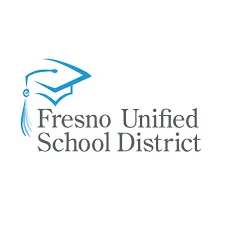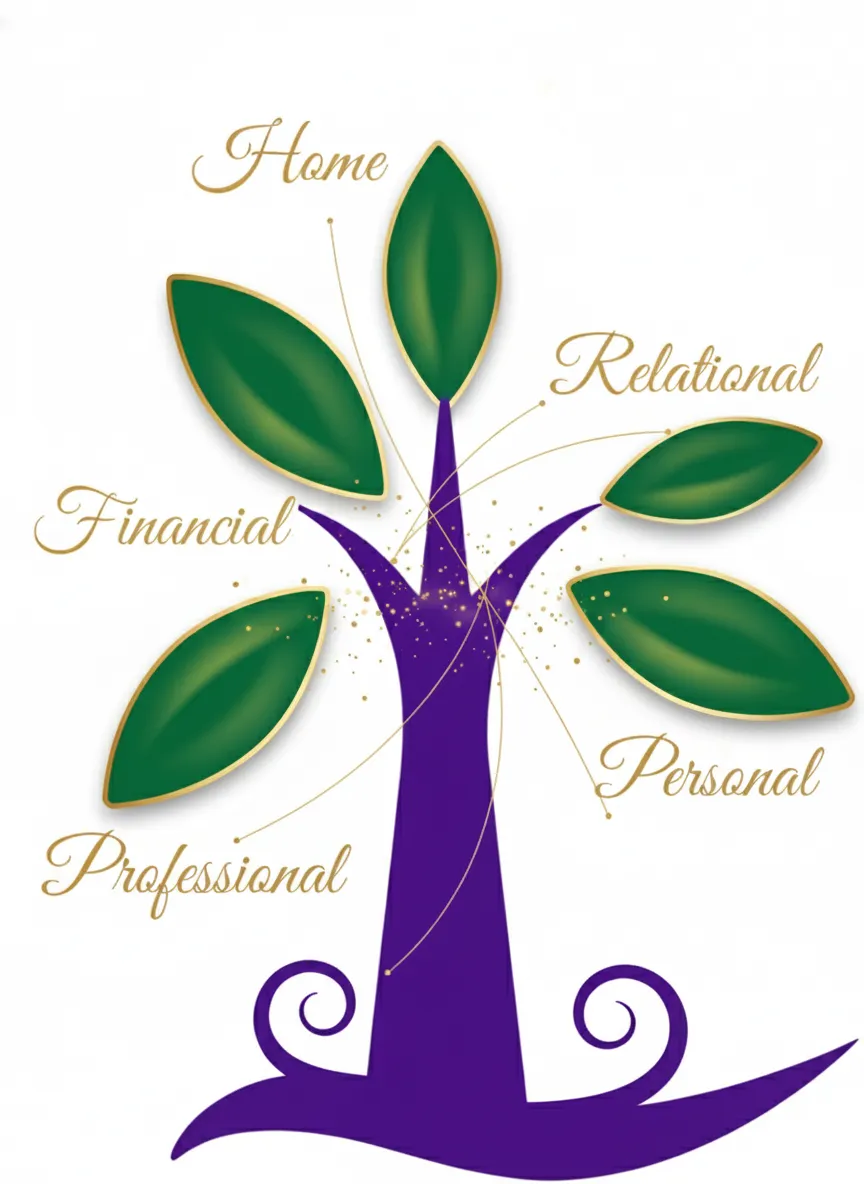Families Helping Families Live Courageously!
“Building stronger families and brighter futures by dismantling systemic barriers and investing in generations to come.
How are you being intentional about the legacy of your family leadership?
Are you clear on the goals that you and your family are working on and have a pathway developed with a network to support?
Have you been able to achieve a healthy work-life-family balance?
Are you interested in building a business or leaving an inheritance to your children, but not sure how?
Do you wonder about what your kids know, understand, and experience about race?
Are you prepared to answer the tough questions your kids have about controversial topics?
Tired of approaching the raising of your family alone and would like to build a village of support?
Does everyone in your family feel like they can be their true, authentic selves?
Empowering families with kindness and knowledge
CLICK BELOW TO WATCH FIRST!
Empowering families with kindness and knowledge
CLICK BELOW TO WATCH FIRST!





TESTIMONIALS
“Dr. Shelley Holt is a force of nature. Her level of commitment, passion and love for the work she does is life changing…”
- Jodi Dillon

"Dr. Shelley is an excellent educator who, through her knowledge and passion, makes it possible to develop a new perspective on education.
- Frida Vega Cruz

"Dr.Shelley taught me that teaching is more than just a job. Teaching is a labor of love, as long as we love the learners who walk into our room we will be okay."
- Belle Sanchez

Five Pillars of Leadership
Five Pillars of Leadership


True leadership starts long before any title. It begins at home, where values are shaped, character is formed, and behaviors are modeled. When we lead with patience, integrity, and love in our own families, those qualities naturally carry into our communities and workplaces. How we show up at home becomes the blueprint for how we lead others.
True leadership starts long before any title. It begins at home, where values are shaped, character is formed, and behaviors are modeled. When we lead with patience, integrity, and love in our own families, those qualities naturally carry into our communities and workplaces. How we show up at home becomes the blueprint for how we lead others.
PROFESSIONAL - Focuses on developing technical and adaptive skills needed for employment and career success, helping individuals generate income and contribute to society.
FINANCIAL - Involves using financial literacy to budget, invest, and grow wealth for personal and generational benefit, essentially making money work for you.
HOME - Centers on creating and maintaining a safe and secure home environment, including skills like home maintenance, insurance, taxes, and budgeting for homeownership.
RELATIONAL - Builds the ability to form healthy, empathetic relationships through self-awareness, cultural understanding, conflict management, and effective communication.
PERSONAL - Emphasizes self-care and personal growth, including physical, mental, emotional, and spiritual well-being, aligned with one's values and daily habits.
PROFESSIONAL - Focuses on developing technical and adaptive skills needed for employment and career success, helping individuals generate income and contribute to society.
FINANCIAL - Involves using financial literacy to budget, invest, and grow wealth for personal and generational benefit, essentially making money work for you.
HOME - Centers on creating and maintaining a safe and secure home environment, including skills like home maintenance, insurance, taxes, and budgeting for homeownership.
RELATIONAL - Builds the ability to form healthy, empathetic relationships through self-awareness, cultural understanding, conflict management, and effective communication.
PERSONAL - Emphasizes self-care and personal growth, including physical, mental, emotional, and spiritual well-being, aligned with one's values and daily habits.
Build the Legacy
Your Family Deserves
Build the Legacy
Your Family Deserves
Build the Legacy
Your Family Deserves
Build the Legacy
Your Family Deserves






